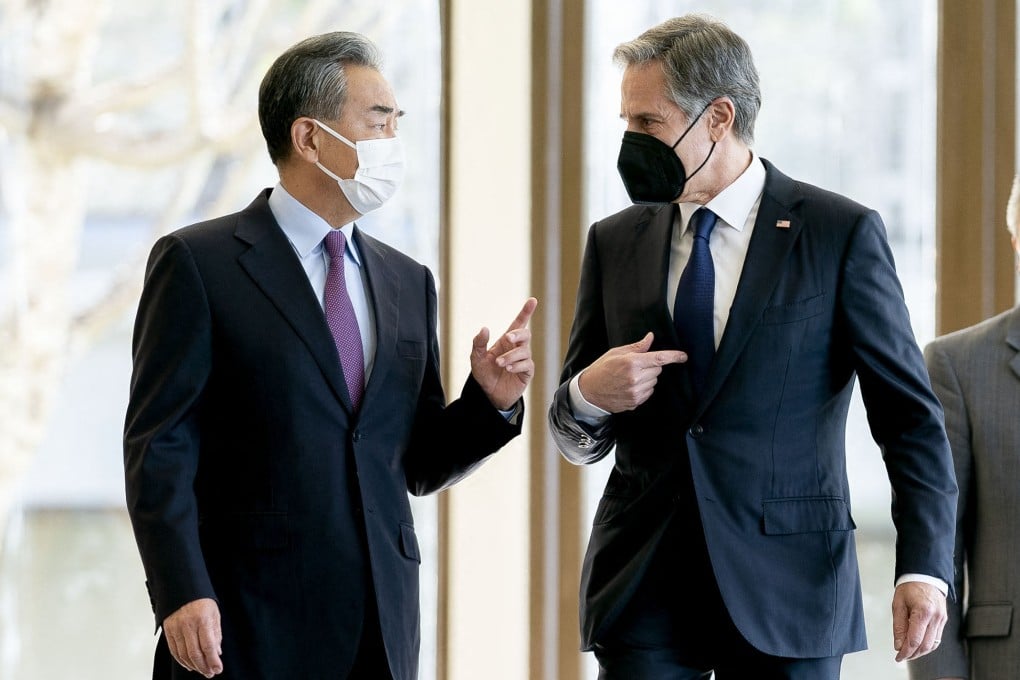Advertisement
Opinion | US rebukes to China over its relations with Russia smack of imperial arrogance
- Washington’s attempts to lecture Beijing suggest an arrogance reminiscent of the Roman empire, whose insatiable lust for power was ultimately the cause of its decline
- Like Rome’s animus towards Carthage, US hostility towards China is rooted in Beijing’s growing influence and prosperity
Reading Time:3 minutes
Why you can trust SCMP
13

Antony Blinken is clearly labouring under the misconception that he is secretary of state for the world, rather than the US. How else to explain his repeated attempts to lecture China over its relations with Russia?
The most recent instalment came at the G20 summit in Indonesia. During his meeting with Chinese counterpart Wang Yi, Blinken expressed concern about China’s “alignment with Russia”. After the five-hour meeting, Blinken, speaking to reporters, also dismissed Wang’s assertion that China is neutral in the Russia-Ukraine conflict.
Not satisfied with that, Blinken declared that what he “tried to convey to the state councillor is this really is a moment where we all have to stand up” and that when it comes to the Ukraine conflict, “there is a clear aggressor. There is a clear victim.”
Advertisement
Wang, used to being on the receiving end of these lectures from Blinken, placed them with customary alacrity in the context of the “China-phobia” driving US relations.
One is reminded of one of history’s most seminal encounters – an exchange between a Roman delegation and the Carthaginian senate that set in train the direction of travel of human affairs for centuries thereafter.
Advertisement
Rome had dispatched the delegation after the fall of the Iberian city Saguntum (modern-day Sagunto in Spain) in 219BC to famed Carthaginian general Hannibal Barca.
Advertisement
Select Voice
Select Speed
1.00x
